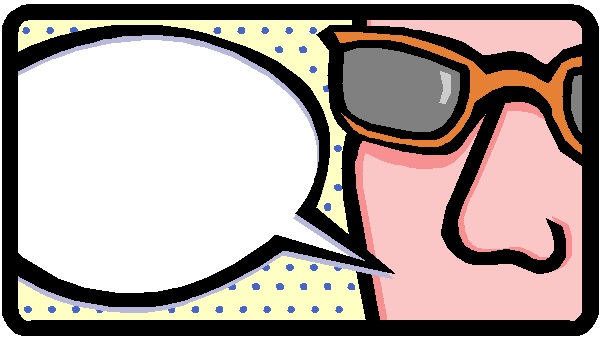We may not know instantly what attributes make a good communicator, but as the phrase goes, we know it when we see it.
In my Advanced Communications workshops, I ask participants to think of people they know in business who are good communicators.
- What makes them good?
- What skills to they have?
- What knowledge do they have?
- What or how do they demonstrate those attributes?
- How do they behave?
- How do they make you feel as an audience member?
To be more precise …
What skills, knowledge, or attributes/behaviours does a good communicator have?
Below, you’ll find the most recent list of the best attributes of a good communicator.

But, more important than a laundry list of attributes …
What can we do with this list? What can this list tell us about our own communication skills, if not our leadership skills?
The list below isn’t meant to be a definitive or perfect list. However, it’s a good list to stimulate a healthy and constructive conversation among team members or colleagues to talk more in-depth about the value and need for good communications, particularly as it relates to good leadership.
It’s a simple agenda.
- Start by asking the basic question “What makes a person a good communicator?”
- Invite them to create their own lists, first individually, then as a group or small teams.
- After they’ve brainstormed some responses, give them the three categories – specific skills, knowledge or attitudes/behaviours – to add more responses.
- Once they have “enough” answers (usually 10 minutes), use these questions to start the discussion.
- How would they prioritise the list?
- What attributes did they think of? Or, show them the three categories and drill down further into each section. What didn’t they think of, and why?
- Are some responses context-specific? And, what’s that mean in reality? How would they put that into practical use?
- Which ones do they have personally? Or not? Why not? (Lack of training, didn’t realise it was important, etc.)
- What training would they (as a person or a team) like or need?
As I learn with my workshop attendees, any time you can get a person to talk what they think and why they think that, 1) you learn more about them, and 2) you potentially understand ways to help them or encourage them to improve.
So, what makes a good communicator good?
Here’s the most recent list. (Yes, we could argue whether one item goes in another – but that too is a good conversation to have!)
Skills
- Has a mastery of English language
- Knows the basics of persuasion and influence (see )
- Uses positive verbal and non-verbal communications skills
- Knows they always have an objective, if not a communication objective which directly connects to the business objective
- Writes messages which are concise, clear and specific
- Thinks on their feet
- Can tell a story
- Can ask a good question
- Can listen well (they listen to what the person is trying to tell them, not waiting for what they want to hear)
Personal attributes, attitudes, behaviours
- Authentic and believable
- Honest, trustworthy and transparent
- Positive
- Proactive
- Flexible, adaptable
- Passionate, enthusiastic, engaging
- Empathetic (they consider their audience, they are relevant to their audience)
- Approachable (they will answer a question)
- They continuously learn
Knowledge
- About their topic
- About what they want to say (not say everything they know)
- About how their message will sound in context
- About which channels will best serve their messages
- They have a good network so they have people to turn to when they don’t have the knowledge
There’s an earlier post on the same subject here: What Makes a Good Communicator Good?
Please feel free to add any other thoughts in the Comments section below.


No comment yet, add your voice below!